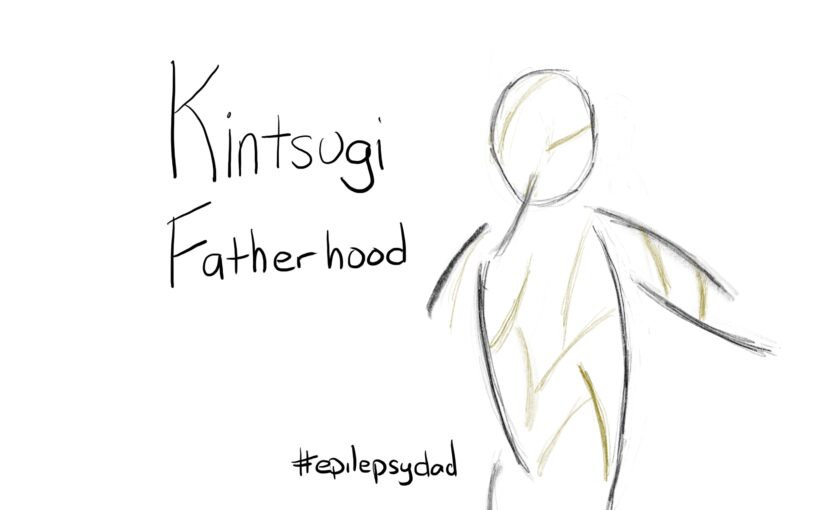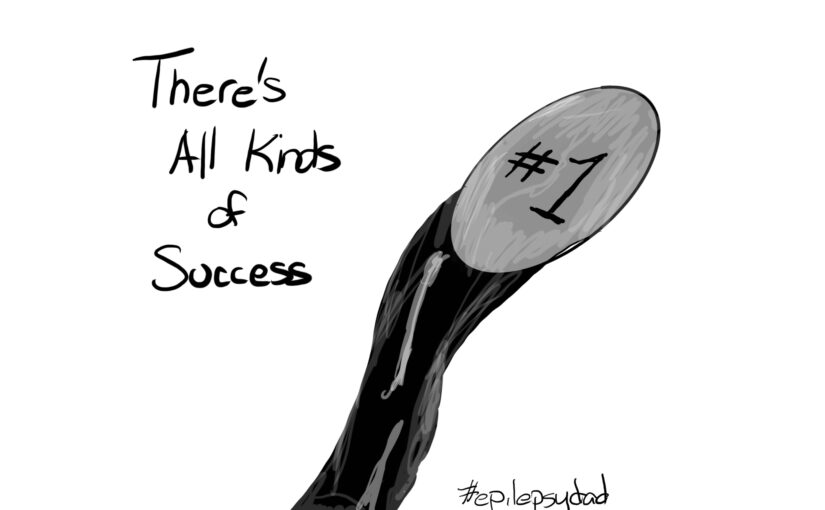I used to think that parenting meant protecting my child from cracks. It was my job to keep my son’s life smooth, whole, and unbroken. But when he started having seizures, everything fractured. Our assumptions. Our plans. Our son. Our lives.
My son went from having no seizures to having epilepsy. He went from a typical, healthy child sleeping in his bed to a child confined to a hospital bed, doctors standing over him, trying to save his life. He went from running circles around the house to being unable to walk at all. He was broken, the imperfect pieces scattered in countless directions.
I was broken, too, like the unspoken promises I had made to give him a life better than my own. I was helpless. Lost. Scared. Paralyzed. I didn’t know what to do. I couldn’t fix it. I wasn’t sure what would happen, but I knew every plan we had made before that hospital stay was also broken.
I grieved for the version of parenthood I thought I’d live. I grieved for the ease I thought he’d have. I thought those pieces of my son, myself, and the life we had planned would never be whole again.
But we didn’t stay broken.
We made it out of that hospital room. And the next one. And the next one. We adapted. We healed—imperfectly, tenderly, and not all at once. Each new challenge left its mark, but those marks became part of the story. And somehow, over time, we became something stronger than before.
It reminds me of kintsugi, the Japanese art of mending broken pottery with gold. The philosophy says that when something has suffered damage, it shouldn’t be hidden—it should be honored. The breaks don’t ruin the piece. They reveal its history. They add beauty.
We can never return to the state of being unbroken. This life broke away from that possibility the moment my son had his first seizure. My son has lived through things most kids haven’t. And he carries those experiences with him, reflected brightly in the love, care, and attention that helped mend his broken pieces to make him whole.
He is not whole despite what he’s been through.
He’s whole because of it.
Wholeness isn’t about perfection.
It’s about loving what’s being transformed.

